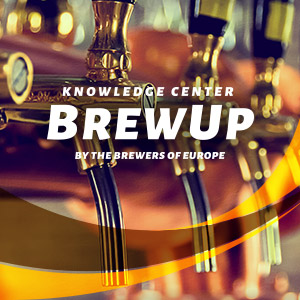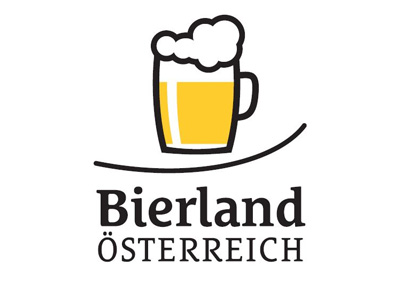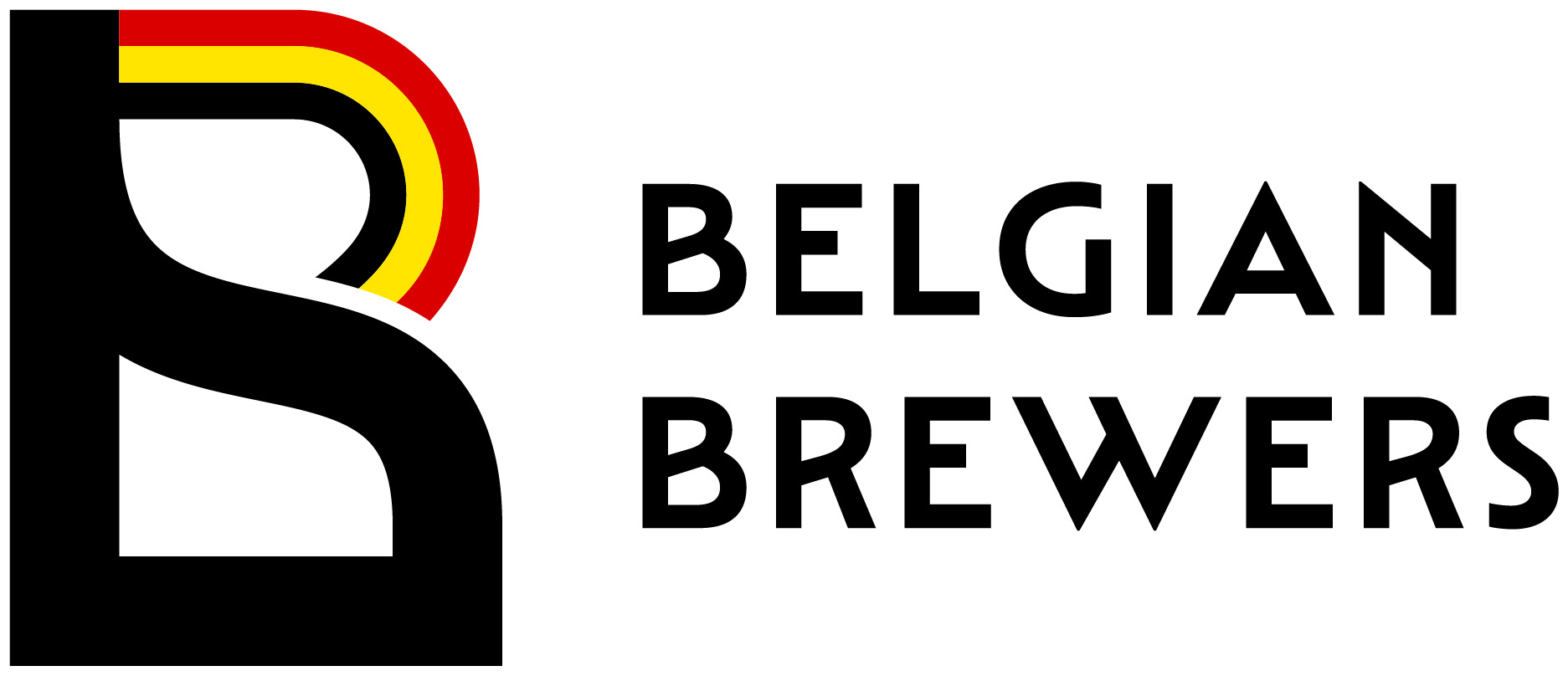
Alcohol Policy in Sweden - 2009
- advocate
- 27/10/2017
- 4030
- Policies
In this report, commissioned by The Brewers of Europe, the Swedish Retail Institute, HUI, has analysed the success and failures of Swedish alcohol policy. The Swedish Retail Institute, HUI, was founded in 1968 and is owned by The Swedish Trade Federation. HUI conducts its research activity together with several external researchers and in cooperation with a number of Swedish universities. HUI is well-known in the Swedish society for its seriousity, integrity and independence
KEY FINDINGS
- The outcome of this scrutiny of Sweden’s alcohol policy is that it has produced mixed results and led to unintended consequences from both economic and public health points of view.
- Whilst the fundamentals of Sweden’s alcohol policy have focused on seeking to reduce overall alcohol consumption with a view to reducing alcohol-related harm :
- Alcohol consumption in Sweden has increased by 30% over the past 15 years;
- Meanwhile, whilst Swedes’ drinking habits have evolved towards more « continental style » habits, Sweden still has amongst the highest rates of binge drinking as compared to other European countries, in particular binge drinking by young people under the legal drinking age;
- However, the negative effects of alcohol abuse have not increased to the same extent as overall alcohol consumption.
- Without (major) adaptations, the intended efficacy of Sweden’s taxation and availability policies have been further challenged since Sweden’s 1995 accession to the European Union:
- Unregistered channels including personal imports and smuggling have reached higher levels (e.g. almost 30% for beer);
- The state-owned retail monopoly has over the last 15 years lost market share to a very significant extent, notably to the benefit of unregistered channels ;
- In particular, the sale of smuggled alcohol to young people under the legal age has become a source of greater concern;
- Criminality associated with and resulting from smuggling has become more professional;
- State revenue has been affected;
- Sweden’s brewing chain has been negatively impacted (decline in production, employment and sales).









